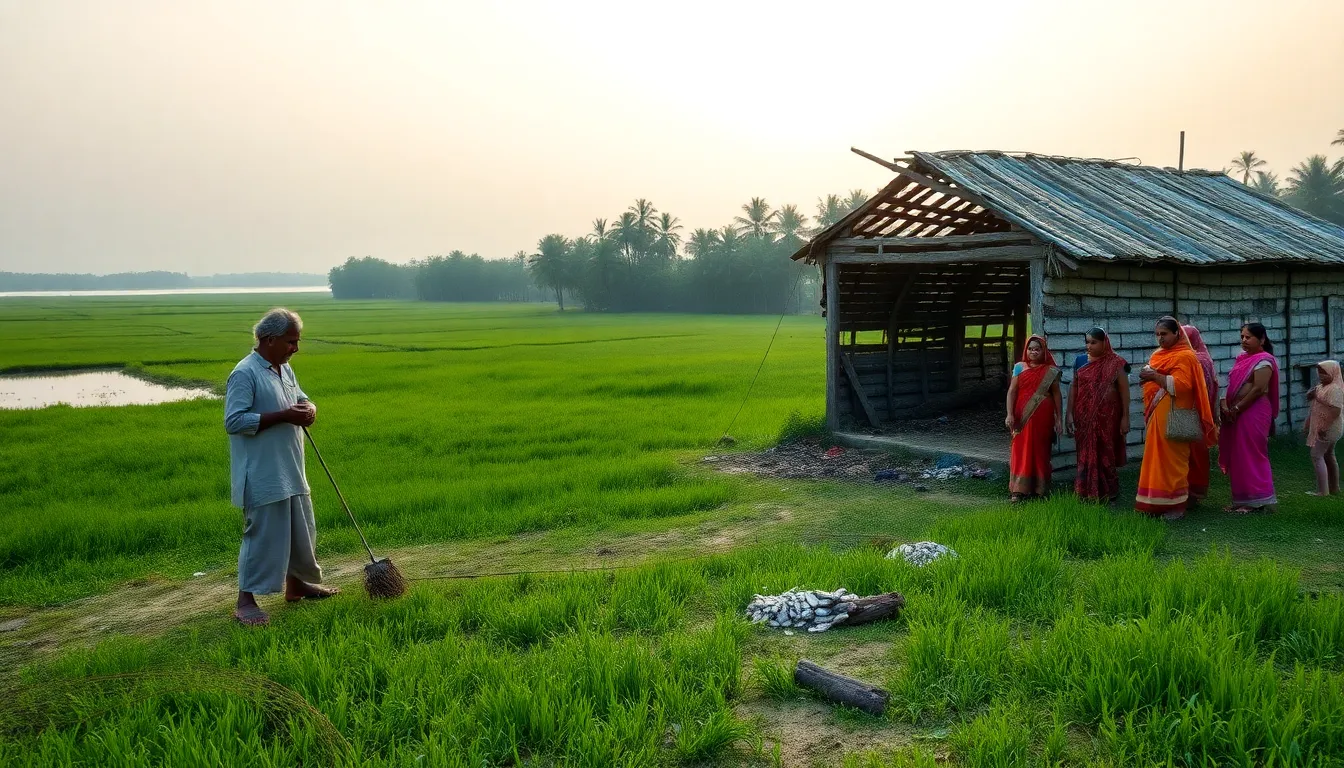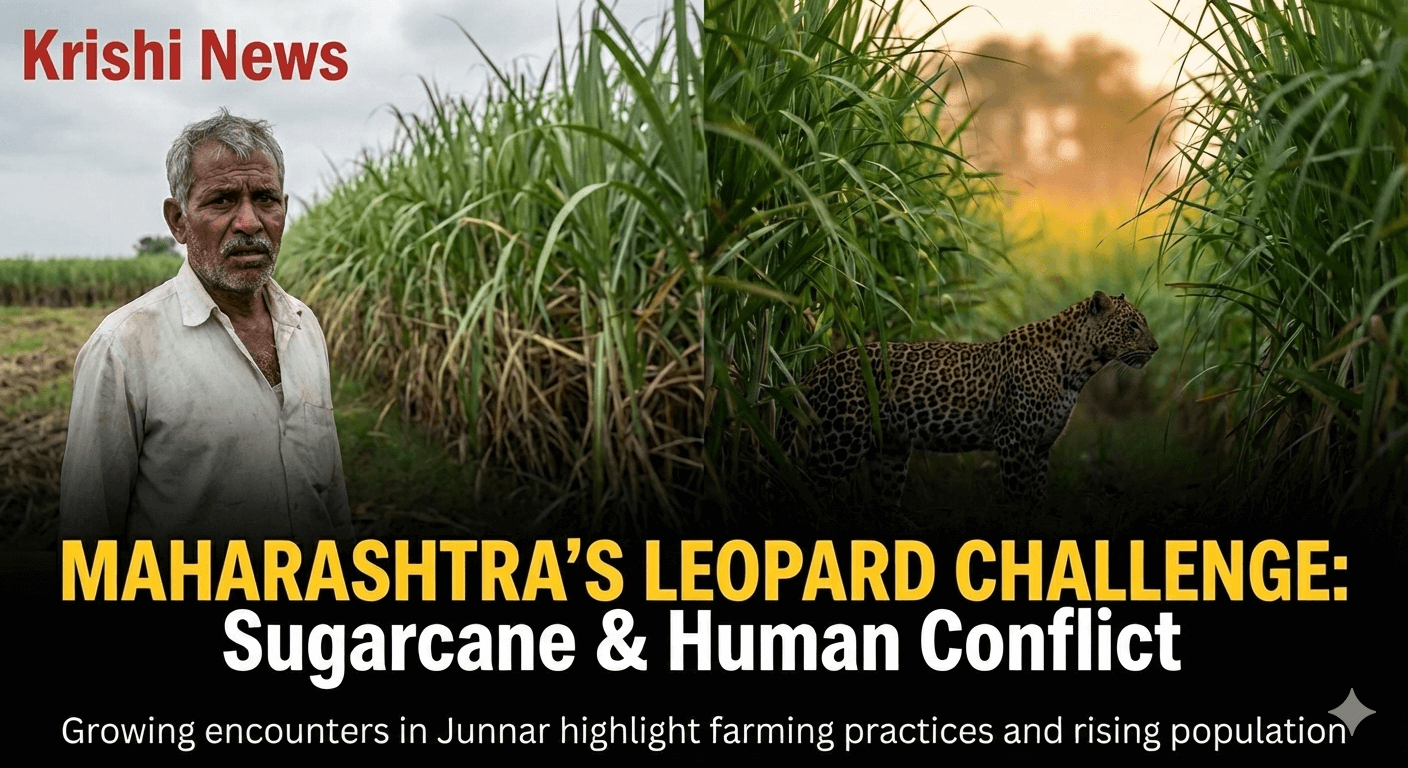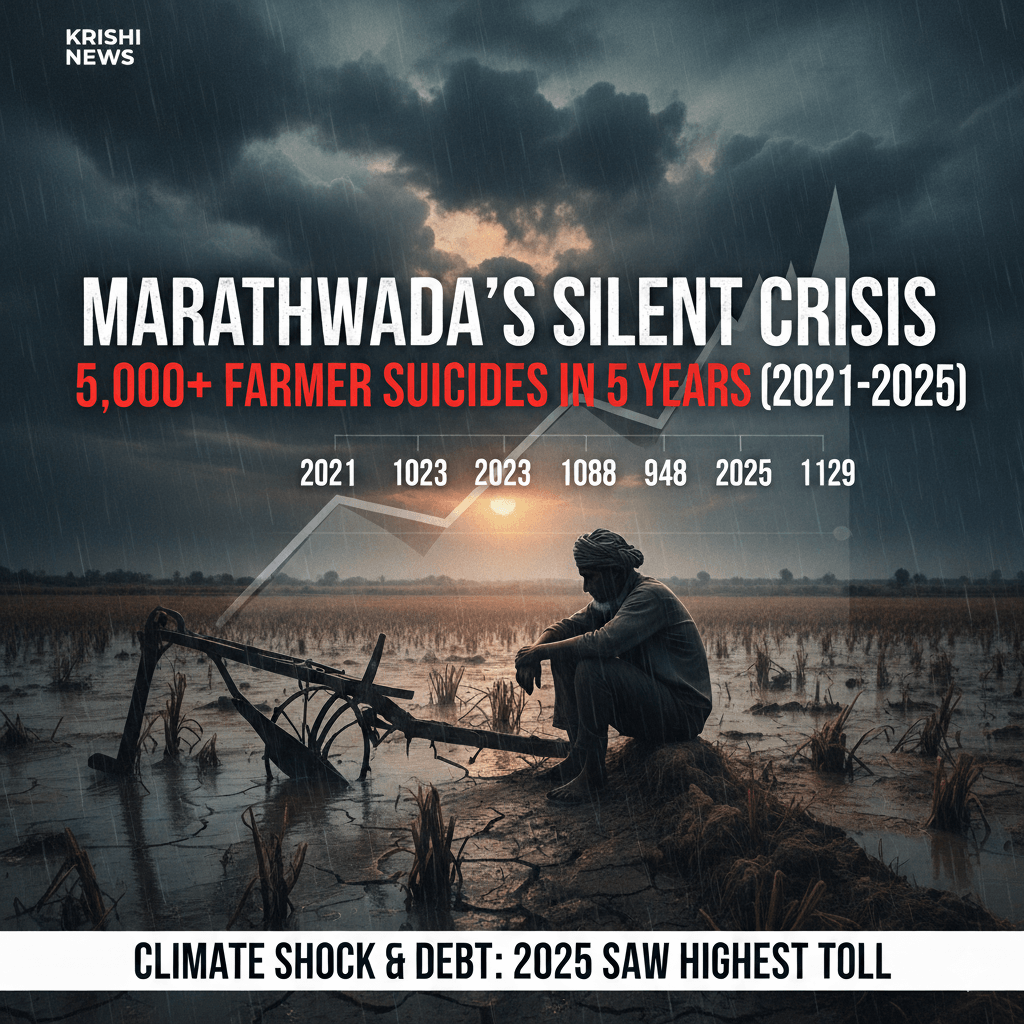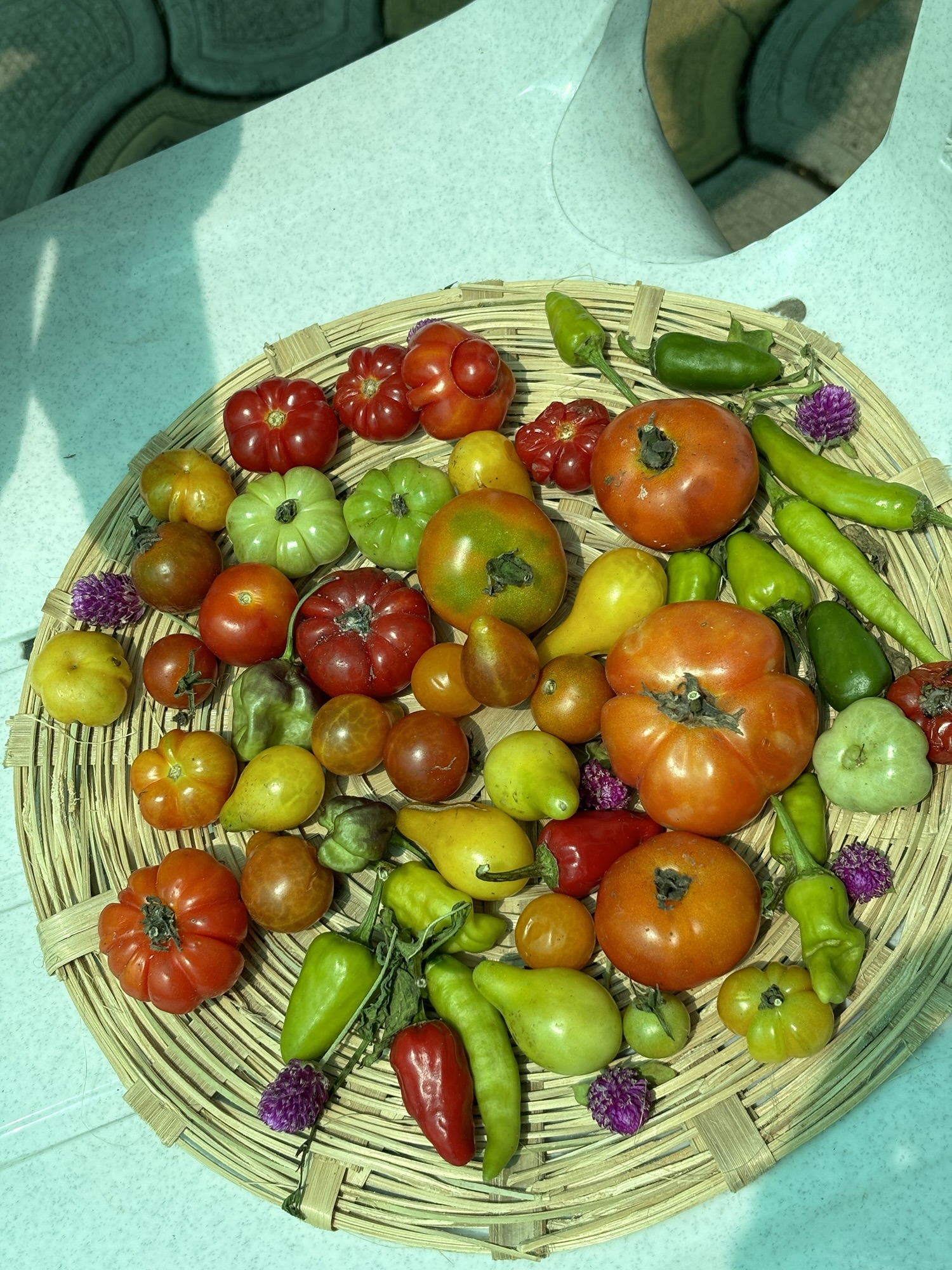In a significant move to promote sustainable fisheries, ICAR-CIFRI has partnered with local organisations to engage over 3,300 farmers and fishers on Sagar Island, located in the Sundarbans. This initiative, under the VKSA 2025 programme, aims to address the pressing challenges faced by the community due to climate change and environmental degradation.
Sagar Island is part of the Sundarbans, a fragile ecosystem that hosts the world’s largest delta, formed by the confluence of the Ganges, Brahmaputra, and Meghna rivers. This region is known for its rich biodiversity, but it is also one of the most vulnerable areas to climate change. The local fishermen, like Mohan Das, have been experiencing the adverse effects of rising sea levels and severe weather events.
Mohan, a lifelong fisherman, shares the challenges he faces. “Everything is slowly vanishing into the water,” he says, referring to the ruins of his fishing shed destroyed by Cyclone Yaas. These weather patterns have become increasingly unpredictable, making fishing more difficult and less profitable.
The VKSA 2025 programme is designed to help communities adapt to these changes. It focuses on scientific innovation and community collaboration. Farmers and fishers are being trained in climate-resilient practices to improve their livelihoods. This includes techniques for sustainable fishing and the management of local resources.
Local resident Protima Mondal recalls the hardships her family faced during Cyclone Yaas. They lost almost all their fishing gear and savings. “Fishing is the only way for our family to survive,” she states, highlighting the community’s reliance on fishing as their primary income.
The Sundarbans have been severely affected by deforestation and land use changes. As a result, the fertile land has turned into brackish swampland, reducing the areas available for fishing and farming. During the pandemic, many locals shifted back to fishing and farming in an effort to survive.
The government has announced plans to support those displaced by climate change, including providing housing and resources for families affected by recent cyclones. Local officials are working to find land for relocating families from Ghoramara Island, which has faced significant erosion.
Sudipta Mondal, a local officer, emphasizes the need for coordinated efforts to support these communities. “We need a comprehensive approach that includes housing, fisheries, and local governance,” he explains. The plan includes not only building huts but also establishing ponds and providing livestock to boost livelihoods.
Despite the challenges, local fishermen are resilient. They are quickly rebuilding their fishing sheds in preparation for the upcoming fishing season. The Gangasagar Mela, a popular pilgrimage festival, draws many visitors to the island. Fishermen like Mohan Das hope to catch enough fish to sustain their families through the season.
As climate change continues to threaten their livelihoods, the community remains hopeful. Initiatives like VKSA 2025 are vital for building a sustainable future in Sagar Island. By working together, farmers and experts can create innovative solutions to ensure that fishing remains a viable source of income for generations to come.
The story of Sagar Island is a reminder of the urgent need for climate action and sustainable practices in agriculture and fisheries. As they face the looming threat of climate change, the residents are determined to adapt and overcome these challenges, ensuring their survival in this vulnerable ecosystem.





